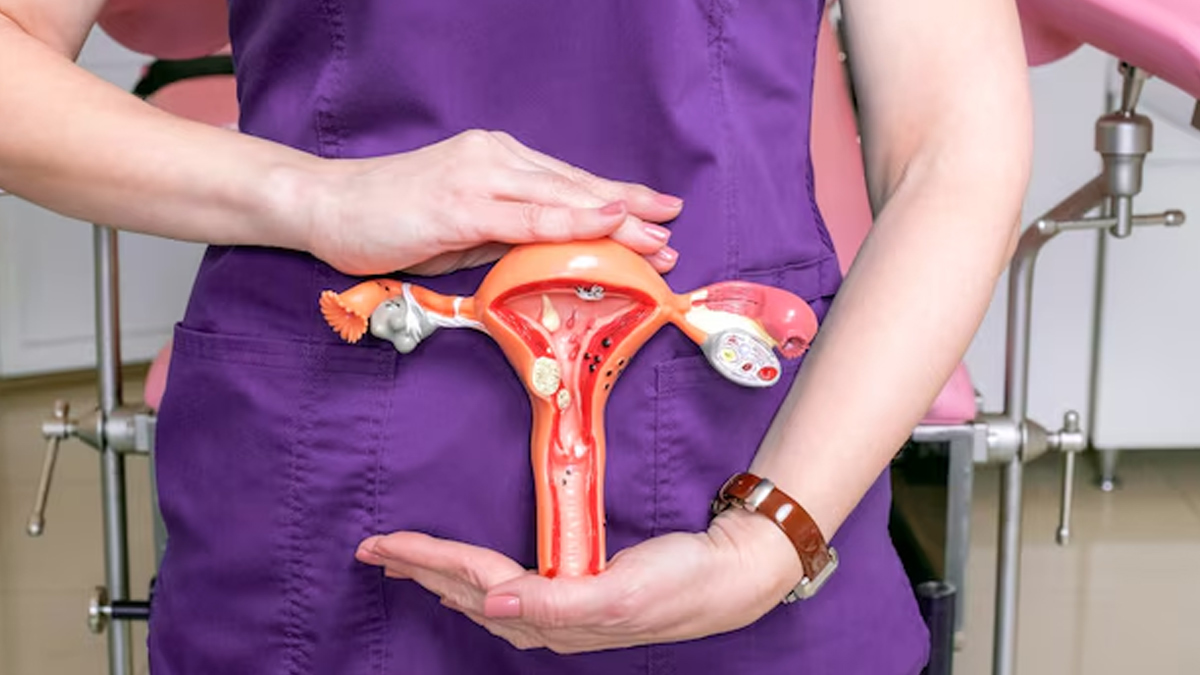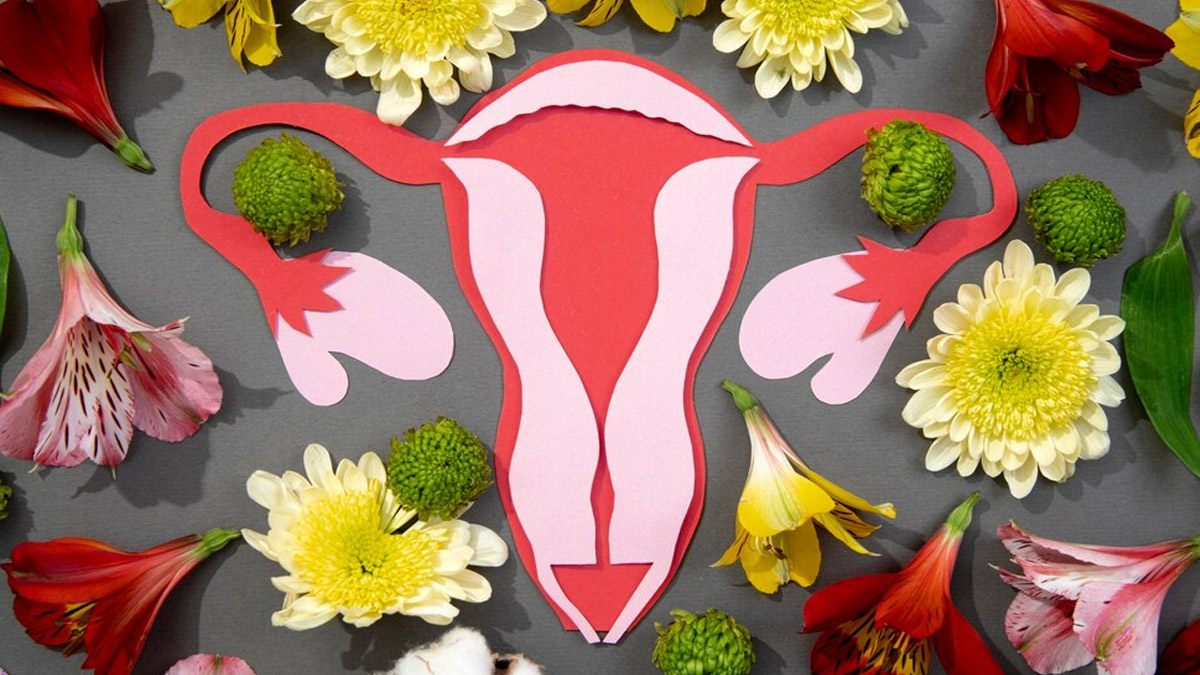
Did you know that the average uterus of an adult female is about 8 cm long, 5 cm wide, and 4 cm thick? The uterus is defined as a hollow muscular organ located in the female pelvis between the bladder and the rectum. Interestingly, the uterus can expand up to 20 times its original size during pregnancy. However, an enlarged uterus can also occur in non-pregnant women and can be concerning.
Table of Content:-
Speaking with the OnlyMyHealth team, Dr Shipra Kunwar, Consultant—Obstetrician and Gynaecologist, Manipal Hospital, Kharadi, Pune, shares signs to recognise an enlarged uterus and explains how it may affect reproductive health.
Also Read: What Happens If You Have An Enlarged Uterus? Expert Explains Symptoms, Causes, And Treatment
What Causes An Enlarged Uterus?

An enlarged uterus occurs when the uterus grows larger than usual. This can happen for several reasons.
According to Dr Kunwar, adenomyosis and fibroids are two of the most common causes of an enlarged uterus, while there are other contributing factors as well. “Hormonal changes, especially elevated oestrogen levels, can lead to the development of uterine fibroids, which are benign growths in the uterine muscle layer. To cause uterine enlargement, adenomyosis, a disorder in which the lining of the uterus develops into the muscle wall, is commonly linked with painful and heavy periods,” she explains.
Additionally, ovarian cysts, endometrial hyperplasia, pregnancy-related alterations, and, in rare instances, cancers are further potential reasons.
Dr Kunwar notes that hormonal swings make women in their reproductive years, especially those in their 30s and 40s, more vulnerable. However, recurrent fibroids or other disorders can also cause an enlarged uterus in postmenopausal women.
How To Identify An Enlarged Uterus?

An enlarged uterus is often found during standard gynaecological checkups and remains asymptomatic.
However, some women may have symptoms that can help them recognise the condition. This includes:
- Bloating
- Lower back pain
- Pelvic pain
- Heavy or prolonged menstrual blood
- Frequent urination because of pressure on the bladder
- An apparent bulge in the abdomen
Dr Kunwar says that early detection and management can be helped through routine checkups, understanding of menstrual health, and timely medical consultation in the case of uncommon symptoms.
Also Read: Is It Possible To Be Pregnant Without a Baby Bump? Myth vs Fact
Can Enlarged Uterus Affect Fertility?
Whether or not an enlarged uterus can affect fertility depends on the root cause.
“An increased risk of infertility or repeated losses may occur from fibroids interfering with embryo implantation, especially those growing inside the uterine cavity. Chronic uterine inflammation brought on by adenomyosis could affect the success of implantation and pregnancy. Also, irregular menstrual cycles caused by significant uterine enlargement can render conception challenging,” says Dr Kunwar.
In addition to challenges with conception, other problems could include constipation, excessive monthly flow that causes anaemia, severe pelvic discomfort, and bladder pressure-related problems.
When To Seek Medical Attention For An Enlarged Uterus?

It is important to seek medical attention if a person experiences heavy menstrual bleeding, pressure-related bowel or urine problems, chronic pelvic pain, or unexplained abdominal enlargement.
The initial stage is a clinical examination, which is followed by imaging methods like ultrasound, which give precise details about the uterus, including its size and whether fibroids or other abnormalities are present.
For a more thorough evaluation, a Magnetic Resonance Imaging (MRI) could be recommended in some circumstances. “If endometrial pathology is suspected, further testing such as hysteroscopy, saline infusion sonography, or endometrial biopsy can be necessary. Also, blood tests can be done to look for hormonal abnormalities or anaemia,” Dr Kunwar emphasises.
Treatment Options
The underlying cause, the intensity of the symptoms, and the effect on quality of life all influence how an enlarged uterus is treated.
If anaemia is present because of severe bleeding, treatment could include the use of iron supplements, Nonsteroidal Anti-Inflammatory Medicines (NSAIDs) for pain control, and hormone therapy. In certain situations, minimally invasive techniques like endometrial ablation or uterine artery embolisation may be taken into consideration.
When symptoms are severe, don't improve with medication, or have a major impact on everyday activities and fertility, surgery is required.
Lastly, while hysterectomy, or the whole removal of the uterus, can be advised in situations of severe adenomyosis, big fibroids, or other problems that do not respond to conservative treatment, myomectomy is an alternative for fibroid removal while maintaining fertility, Dr Kunwar concludes.
Also watch this video
How we keep this article up to date:
We work with experts and keep a close eye on the latest in health and wellness. Whenever there is a new research or helpful information, we update our articles with accurate and useful advice.
Current Version